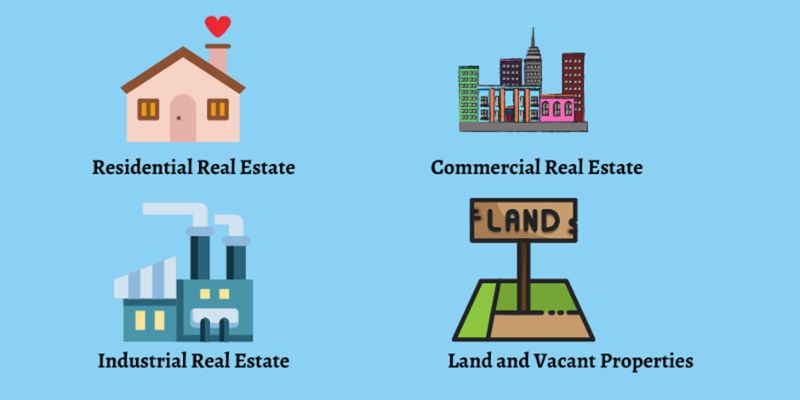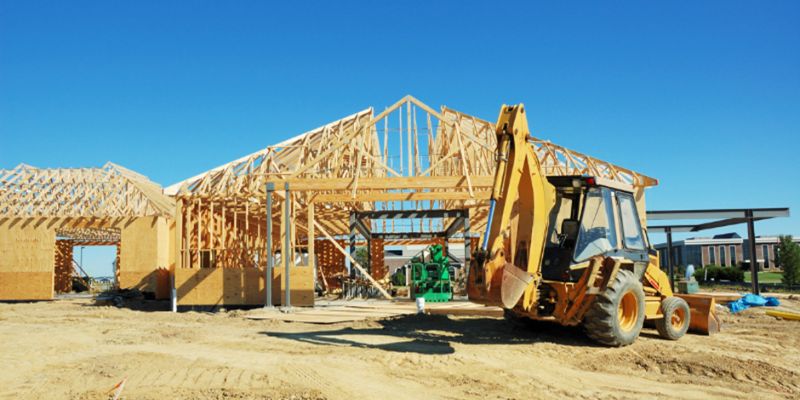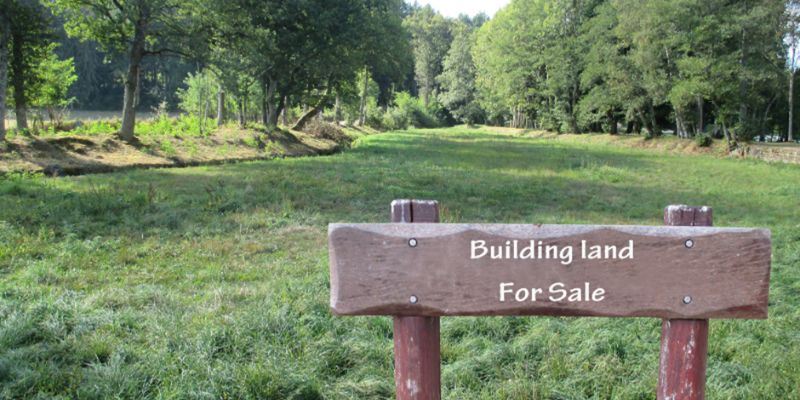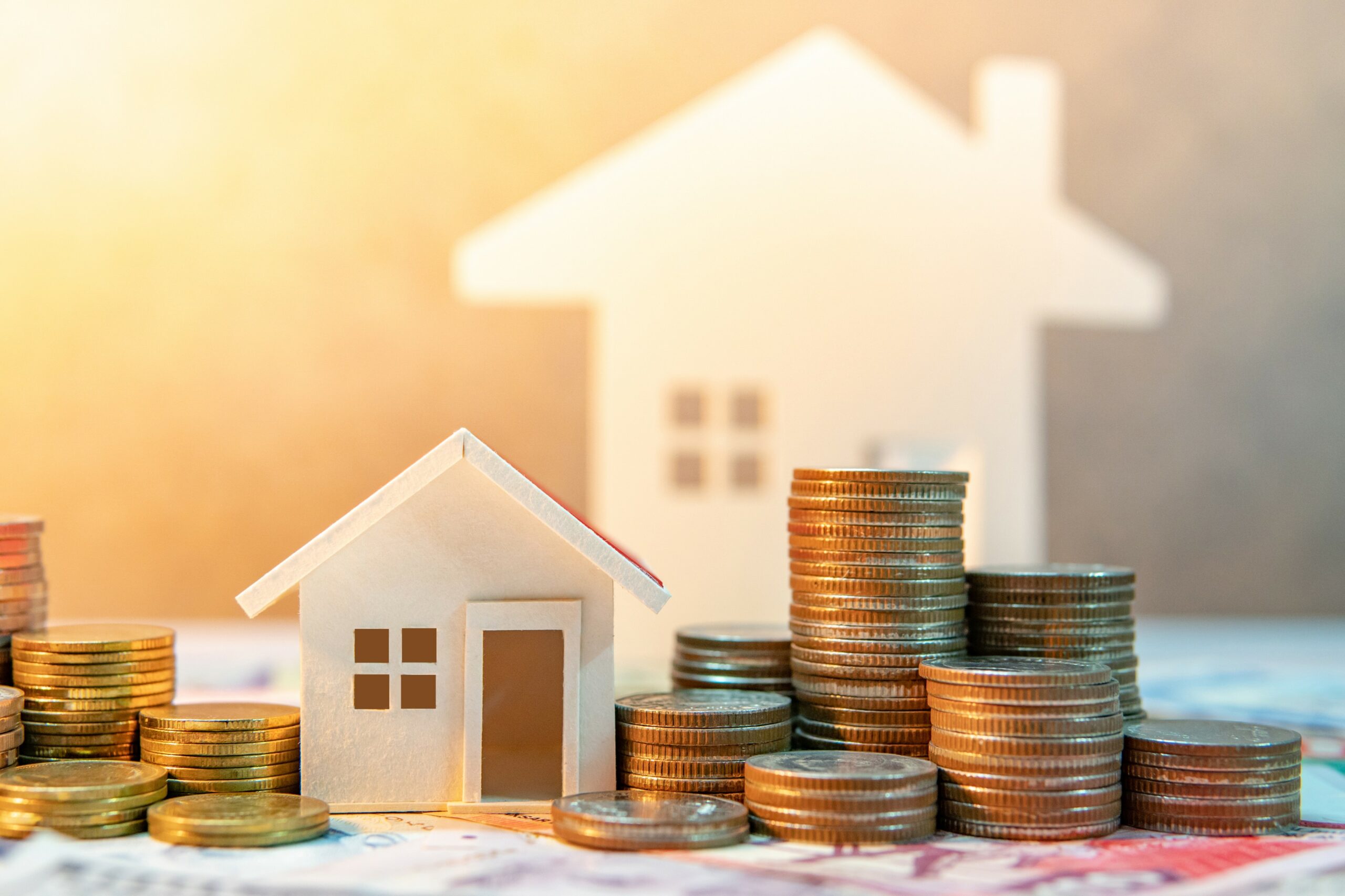Real estate is a vast and dynamic industry that plays a crucial role in our lives and the economy.
Real estate refers to property consisting of land and its buildings, structures, and natural resources. It encompasses residential, commercial, and industrial properties and undeveloped land.
Real estate is a tangible asset class that holds immense value and significantly impacts our daily lives and the overall economy.
In this blog, we will explore what is real estate and delve into its various aspects and significance.
The scope of real estate is extensive, ranging from buying and selling homes to leasing commercial spaces, developing residential communities, and managing properties.
It involves various professionals, such as real estate agents, brokers, property managers, developers, investors, and lenders, who contribute to the growth and functioning of the industry.
Real estate also plays a vital role in wealth creation, investment opportunities, and job creation. The real estate market’s performance often reflects the economy’s overall health and stability.
Additionally, real estate investments offer the potential for long-term wealth accumulation and financial security.
Understanding real estate fundamentals is essential for individuals looking to enter the industry or make informed decisions regarding property ownership, investment, or renting.
By exploring the various aspects of real estate and recognizing its significance, individuals can gain valuable insights into this dynamic field and leverage its potential for personal and financial growth.
4 Different Types of Real Estate
Real estate is a broad and diverse industry encompassing various properties. Here, we explore four main types of real estate:
- Residential Real Estate
- Commercial Real Estate
- Industrial Real Estate
- Land and Vacant Properties
These different types of real estate form the foundation of the industry and offer diverse opportunities for investment, development, and utilization. Each type serves distinct purposes and contributes to the overall functioning of the real estate market.
1. Residential Real Estate
Residential real estate refers to properties primarily used for housing purposes. It includes single-family homes, multi-family properties, condominiums, and townhouses.
Single-family homes are standalone structures designed to accommodate one family, while multi-family properties are buildings that house multiple families in separate units.
Condominiums are individually owned units within a larger building or complex, offering shared amenities and common areas. Townhouses are multi-level homes attached to one or more neighboring units.
Residential real estate is essential for providing individuals and families with places to live and create homes. It offers various options to cater to diverse preferences and lifestyles.
2. Commercial Real Estate
Commercial real estate encompasses properties used for business purposes. This category includes office buildings, retail spaces, shopping malls, hotels, and warehouses. Office buildings provide spaces for companies and organizations to conduct their operations.
Retail spaces accommodate businesses such as shops, restaurants, and cafes. Shopping malls offer a collection of retail stores and services in one complex.
Hotels provide lodging for travelers and tourists. Warehouses are used for storing goods and materials. Commercial real estate is crucial for supporting economic activities and providing thriving spaces for businesses.
3. Industrial Real Estate
Industrial real estate refers to properties used for industrial activities and manufacturing. It includes manufacturing buildings, industrial parks, distribution centers, and warehouses.
These properties facilitate manufacturing processes, storage, logistics, building house equipment, and production machinery.
Industrial parks provide spaces for multiple industrial tenants and often offer shared infrastructure and services.
Distribution centers are strategically located facilities used for storing and distributing goods. Industrial real estate is vital in supporting manufacturing and supply chain operations.
4. Land and Vacant Properties
Land and vacant properties refer to undeveloped or unused land with potential for future development. This category includes raw, agricultural, and land designated for future construction projects.
Raw land refers to undeveloped parcels without any structures or improvements. Agricultural land is used for farming, crop cultivation, or livestock rearing.
Land for future development may be zoned for residential, commercial, or industrial purposes and awaits construction or development.
Land and vacant properties provide opportunities for future growth, development, and investment.
How Does the Real Estate Sector Work?
The real estate sector plays a vital role in the economy, driving economic growth, job creation, and wealth accumulation. It encompasses various activities related to buying, selling, developing, and managing properties. Here are some critical aspects of how the real estate sector works:
Importance in the Economy
The real estate sector is a significant contributor to the economy. It provides housing for individuals and families, spaces for businesses to operate, and infrastructure for various industries.
Real estate activities generate employment opportunities in construction, property management, and related services.
Additionally, real estate assets often form a substantial portion of individuals’ wealth, contributing to their financial security and stability.
Key Participants
The real estate sector involves several key participants. Buyers and sellers, also known as homeowners or property owners, engage in transactions to acquire or sell properties.
Real estate agents and brokers facilitate these transactions, connecting buyers and sellers and providing valuable market insights.
Real estate developers play a crucial role in the construction and development of properties, including residential, commercial, and industrial projects.
Property managers oversee the day-to-day operations and maintenance of properties on behalf of owners.
Investors and financial institutions provide capital and funding for real estate projects through various investment vehicles, such as real estate investment trusts (REITs) or mortgage financing.
Real Estate Market Dynamics
Supply and demand dynamics, market trends, economic factors, and government policies influence the real estate market.
Property values and rental rates fluctuate based on market conditions and location-specific factors. Market cycles, such as periods of growth or decline, impact the overall performance and profitability of real estate investments.
Economic indicators, such as GDP growth, interest rates, and employment rates, also influence the real estate market.
Additionally, government regulations and policies related to zoning, land use, taxation, and housing regulations shape the real estate sector.
Understanding how the real estate sector works is essential for individuals and businesses involved in real estate transactions or investments. It allows them to navigate the market, make informed decisions, and capitalize on opportunities.
Moreover, the real estate sector’s stability and growth contribute to the overall strength and resilience of the economy.
UAE Real Estate Market Economic Diversification
The UAE’s real estate market has emerged as a key economic diversification and growth driver. With a proactive approach to attracting foreign investment and focusing on sustainable development, the sector has played a crucial role in reducing reliance on oil revenues and creating a more diversified economy.
The data supports the significance of the UAE’s real estate market in the country’s economic landscape. Generating around 5.5% of the GDP, the sector has experienced a notable upward trend since 2022, with rising rentals and property prices.
Dubai, in particular, has witnessed a surge in transaction volume, reaching record highs in the first quarter of 2022.
The UAE is positioned to become a leader in the GCC’s real estate market, projected to hold an estimated 21.6% market share, surpassing Saudi Arabia.
The emirates have attracted foreign investors through investor-friendly measures like freehold ownership, relaxed visa policies, and no restrictions on profit repatriation.
These incentives, high rental yields, and affordability have enticed investors worldwide, including high-net-worth individuals, institutional investors, and sovereign wealth funds.
The increasing preference for sustainable properties is a notable trend in the UAE’s real estate market. Around 70% of UAE real estate investors actively seek environmentally friendly and energy-efficient buildings, willing to pay a premium for such properties.
The UAE’s commitment to sustainability is evident through initiatives like the UAE Net Zero 2050, bolstering the Emirates’ sustainable real estate sector.
The country leads in ESG trends among GCC countries, boasting the highest share of green buildings in the Middle East and North Africa.
With an array of sustainable property options available, including green buildings and smart buildings that optimize energy usage, the UAE’s real estate market aligns with growing awareness of environmental issues and the desire to reduce carbon footprints.
As the UAE continues its economic diversification journey, the real estate market will remain a key factor in attracting foreign investment, driving economic growth, and advancing sustainable development.
The government’s commitment to creating an investor-friendly environment and offering a range of sustainable property options positions the UAE as an appealing destination for property investors worldwide.
Careers You Can Pursue in Real Estate Sector
Here are the various career opportunities available in the real estate industry, ranging from sales and brokerage to legal and inspection roles.
- Real Estate Agent
- Real Estate Analyst
- Commercial Broker
- Real Estate Appraiser
- Home Inspector
- Building Inspector
- Real Estate Attorney
FAQs – What Is Real Estate
Is real estate a good career in the UAE?
Yes, real estate is considered a lucrative and rewarding career in the UAE due to the country’s thriving property market, favorable investment environment, and high demand for real estate professionals.
How can I invest in real estate in the UAE?
To invest in real estate in the UAE, you can explore options such as purchasing properties, investing in real estate funds or REITs, or partnering with developers for property development projects.
What is the future of real estate in the UAE?
The future of real estate in the UAE looks promising, with ongoing development projects, sustainable initiatives, and a growing demand for property attracting local and foreign investors which is also one of the main reasons to study real estate.
Conclusion
The real estate sector holds immense significance in various sectors and is a lucrative investment class. The UAE, in particular, has witnessed substantial growth and diversification of its economy, with real estate playing a pivotal role.
The government’s proactive approach to attracting foreign investment, coupled with sustainable initiatives and investor-friendly policies, has fueled the success of the UAE’s real estate market.
It is important to note that the real estate market is dynamic and constantly evolving and provides an exciting opportunity with lucrative salaries.
ThinkProp provides valuable courses and expertise to navigate the complexities of the real estate industry.
Whether considering a career in real estate, planning to invest, or expanding your knowledge, seeking professional guidance from ThinkProp can significantly enhance your success and outcomes.
In conclusion, the real estate sector in the UAE holds immense potential and presents numerous opportunities.
By seeking professional guidance and staying informed, individuals can make informed decisions, whether pursuing a career in real estate or making strategic investments.
Take the initiative to explore ThinkProp’s real estate training programs and embark on a rewarding journey in the dynamic world of real estate.














